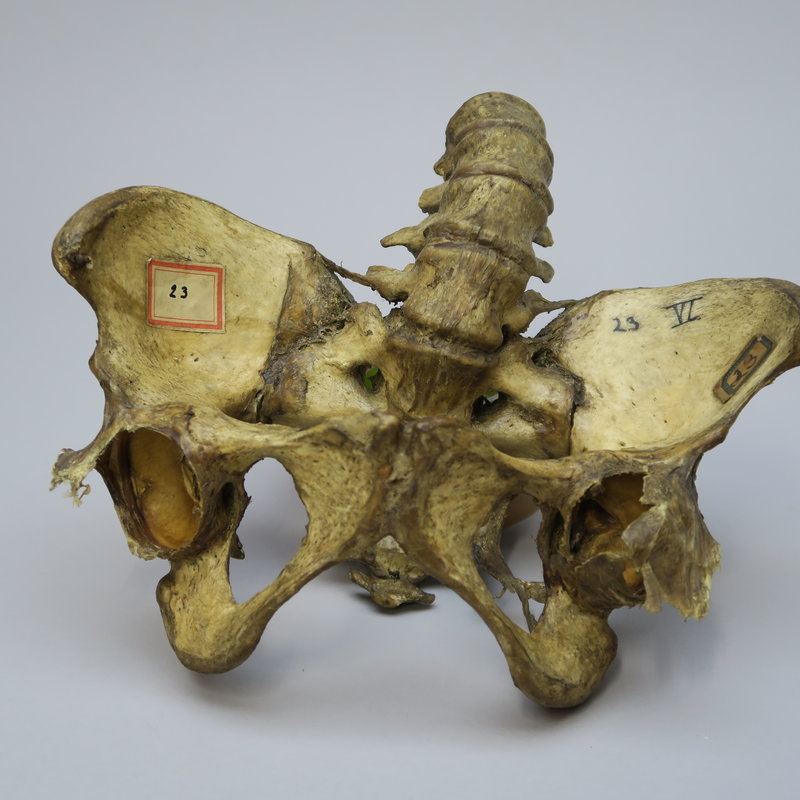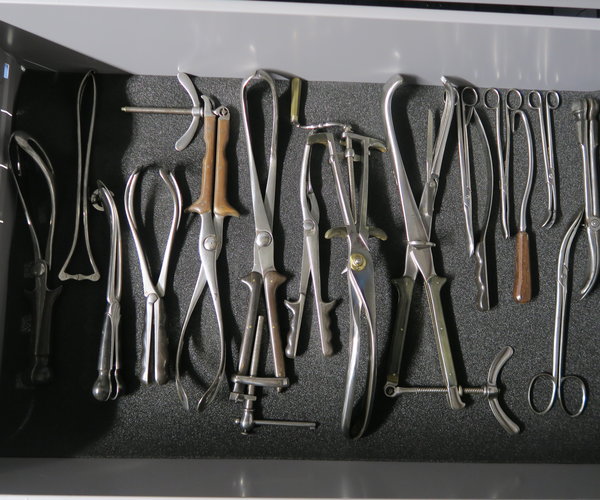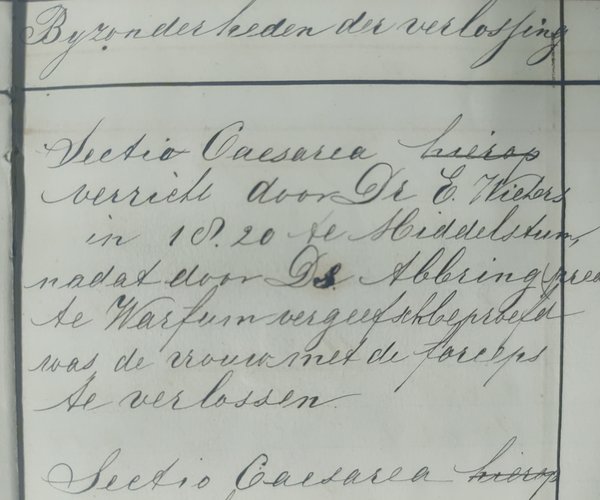Abstract
In the depot of the University Museum in Groningen, 48 female pelvises are stored in thirteen dark drawers. Part of the historical collections of the UMCG, these natural remains were collected in the nineteenth century and have played a role in obstetrical and gynaecological research and teaching ever since. This lecture will discuss my work on this medical collection, focusing on the provenance of these items, their use and value in different historical periods, and connections to historical persons and events. In the light of current debates on how to deal with human remains, colonial heritage, and issues of consent, it is important to study this collection and analyze the value and meanings of this cultural, medical, and academic heritage in the relation to the past, present, and future.
Karen Hollewand is lecturer and postdoc at the University of Groningen. She works on the history of sexuality, gender, and the body, in the period between 1650 and today. Currently, she is developing a research project on the University of Groningen’s historical obstetrical and gynaecological collection, in line with her work on the history of the female body.


